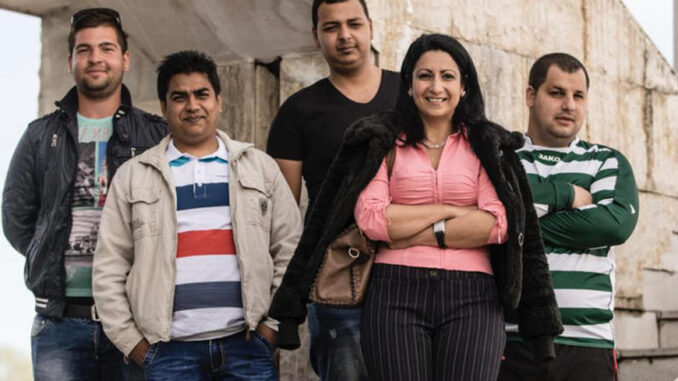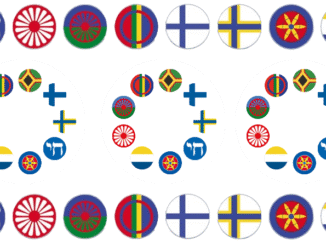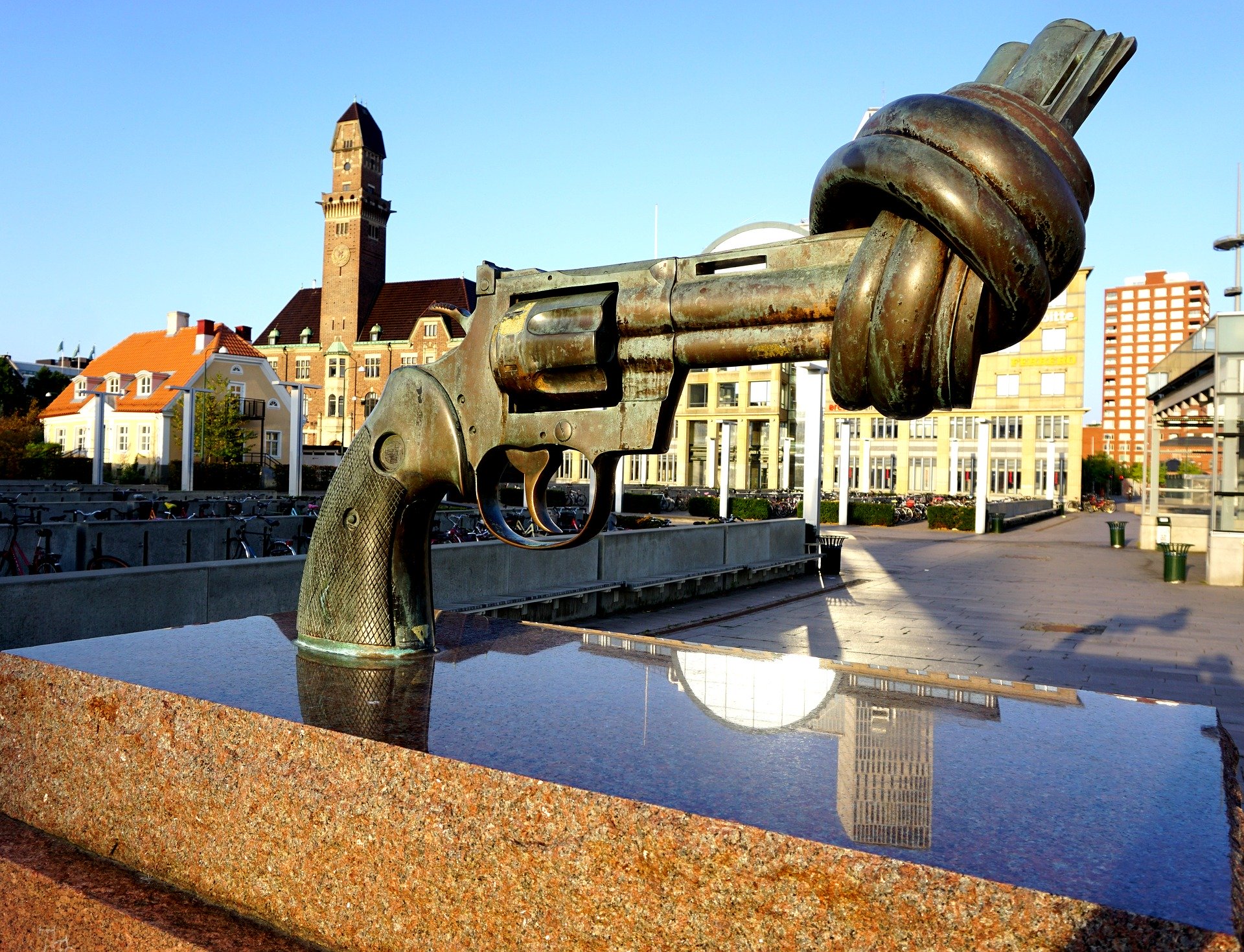
The European Union is launching the third phase of the Roma Integration programme in partnership with the Council of Europe. It will contribute to the socio-economic integration of the Roma population in the Western Balkans and Türkiye. The programme will work with the governments in the region to increase their capacities to tackle challenges faced by Roma in the fields of housing, education, employment, health, civil registration, and the green and digital transition.
The first two phases of the programme were implemented by the Regional Cooperation Council (RCC). While the newly launched third phase will be implemented by the Council of Europe, the RCC will continue its work on Roma integration through focusing on mainstreaming the inclusion of Roma in the Western Balkans green and digital agendas, which are areas where the RCC has a leading role when it comes to coordination in the region.
About Phase III of the Roma Integration Programme
The third phase of the Roma Integration programme started its activities on 1 May 2023 and is expected to last 36 months. The European Union finances EUR 2 700 000. It will support the progressive alignment with the European Union Roma strategic framework for equality, inclusion and participation, the implementation of the national Roma Strategies, the Poznan commitments taken by all Western Balkans leaders in 2019, and of the Council of Europe Strategic Action Plan for Roma and Travellers Inclusion (2020-2025).
The programme will focus on three workstreams:
- The mainstreaming of Roma issues in relevant public policies and fight against anti-gypsyism;
- Support to Roma socio-economic integration and Roma equality in the areas of housing, education, employment, health, civil registration, and in the green and digital transition;
- The reinforcement of the institutional capacities of the governments to tackle challenges faced by Roma in the region.
Background
In July 2019, at the Poznan Summit, the Western Balkans Prime Ministers adopted the Declaration on Roma integration in the EU enlargement process. Subsequent Berlin Process Summits (Sofia 2020, Berlin 2021, and Berlin 2022) adopted new Roma follow-up conclusions. The Poznan commitments cover the fields of education, employment, health, housing, civil documentation, fighting anti-gypsyism, data collection and inclusion of the Roma dimension in the green and digital agendas.
Phase I, implemented between 2015 and 2018, was focused on supporting the implementation of National Strategies for Roma Integration. Phase II, implemented between 2019 and 2022, focused on improving the capacities of the governments in the Western Balkans and Türkiye in formulating, budgeting, implementing, and monitoring Roma integration policies. Phase III builds upon the work carried out in the two previous phases, which were jointly financed by the European Commission and the Open Society Foundations, which will remain a strategic partner for the programme.
For More Information
- Factsheet on EU support to Roma inclusion in the Western Balkans
- Roma Integration Programme website
- Council of Europe website
- Open Society Foundations website
Redaktionen
redaktionen@dikko.nu
Att vara en oberoende tidning kostar pengar så vill du hjälpa oss med att betala vårt fika får du gärna swisha en slant till 123 242 83 40 eller bg: 5534-0046
Vill du annonsera eller sponsra, synas eller höras i våra media?
Kontakta oss på redaktionen@dikko.nu
eller ring 0768 44 51 61
IBAN: SE19 9500 0099 6042 1813 4395
BIC: NDEASESS




